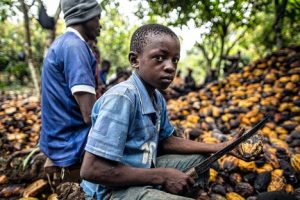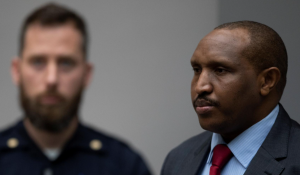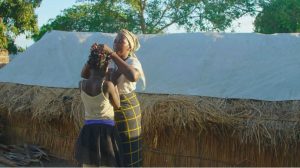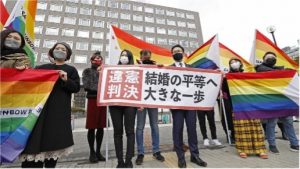By: Ryan Ockenden
Impunity Watch Staff Writer
YAMOUSSOUKRO, Côte d’Ivoire – The cocoa harvesting industry in Côte d’Ivoire continues to be rife with child slavery. Children have been forced to overwork in unhealthy environments often kidnapped from their homes, brought across country lines, and held prisoner on cocoa plantations. Some of the largest international chocolate-making companies – such as Hershey, Nestle, and Mars – stand at the center of this controversy.

Chocolate-making companies seem inept at solving the child slavery problem, or perhaps they simply do not care to. Executives at these companies publicly abhor child labor in the chocolate industry. For decades, companies have promised to make changes through either stricter regulatory measures, or changing where they buy cocoa from – but these promises remain largely empty. The executives know that their success relies on gaining competitive advantages within the international market. For them, using child labor gives them an advantage because they can keep their cocoa purchase costs down.
One company, Ferrero, has put ethics before the zeal of gaining a competitive advantage. In 2011, Ferrero partnered with Save the Children in order to work toward a ten-year goal of transitioning their cocoa purchases to 100% sustainable and broadly ethical sources. Ferrero met their goal, and just last week renewed their partnership with Save the Children for an additional five years. Together they are committing €8M ($9.43M) to continue their sustainability and ethical devotion to cocoa cultivation. The African Court on Human and Peoples’ Rights has noted that all actions taken by another person that concern a child must be primarily focused on that child’s best interests. In many African communities, cultural expectations of children’s labor contributions differ from those generally sought by countries enforcing United Nations policies. Therefore, Ferrero and Save the Children agreed that moderate child labor is acceptable so long as it includes healthy working conditions that will protect child workers from economic exploitation, hazardous activities, and will give them an opportunity to attend school.
Ferrero’s project with Save the Children incorporates a variety of ways to ensure those goals are met. Ferrero is investing in tracking the supply chain to trace the source of cocoa so that they can check farms for any violations. Additionally, they are mapping farmers in order to prevent deforestation, helping women in the communities to attain small business loans, and ensuring children have access to continually improving education. While other international chocolate-making companies find themselves subject to lawsuits for aiding and abetting human rights violations, perhaps they can learn a lesson from a company that stands invested in ethics.
In order to ensure that abusive child labor is eliminated from the cocoa industry in Côte d’Ivoire, it will take contributions from all chocolate-making companies to commit to ethical and sustainable cultivation. These commitments will strengthen protections for child workers, increase access to quality education, empower women to engage in markets, and develop communities across West Africa.
For further information, please see:
African Court on Human and People’s Rights – African Court Law Report – 2017-2018
European Food Agency News – Ferrero Still In Field Against The Scourge Of Child Labor – 25 Mar. 2021
The Guardian – Mars, Nestle and Hershey to face child slavery lawsuit in US – 12 Feb. 2021
Fortune – Bitter Sweets: A special on-the-ground report from West Africa – 1 Mar. 2016



